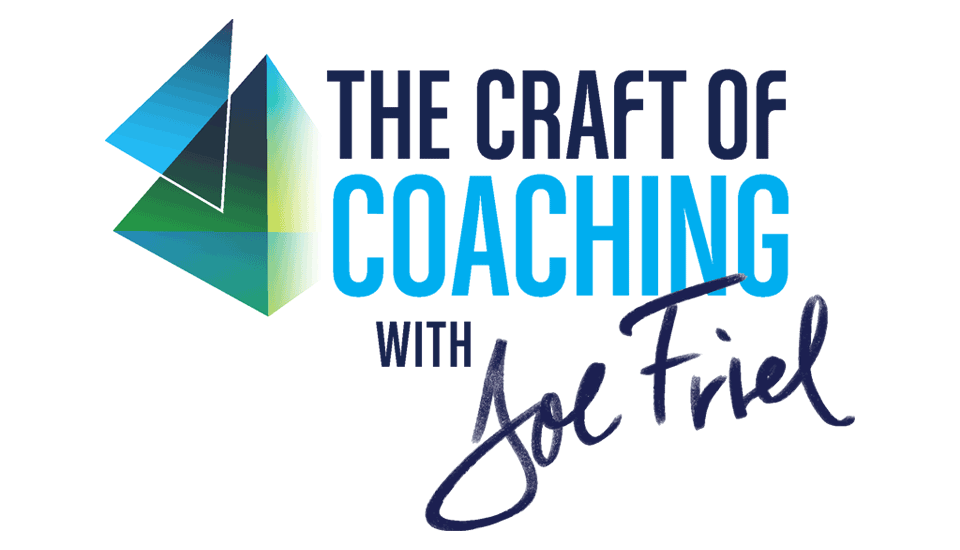Hone Your Teaching Skills
Joe Friel explains the keys to becoming both a good coach and teacher, and taking ownership in an athlete’s progress.
Joe Friel explains the keys to becoming both a good coach and teacher, and taking ownership in an athlete’s progress.
